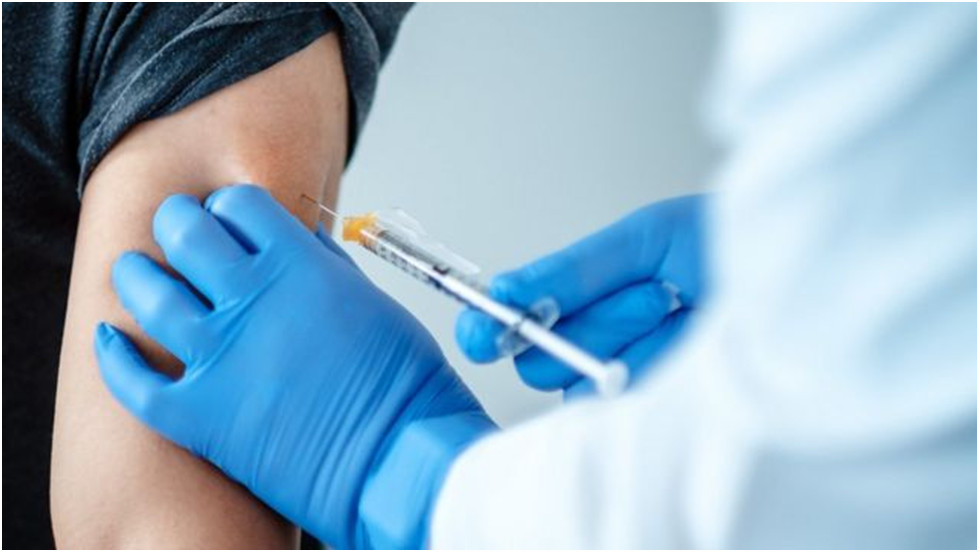
Vaccination not only helps protect a specific individual but also helps prevent diseases for the whole community. This is considered the most effective disease prevention measure to protect the health of vaccinated people and avoid major epidemics that affect the health and lives of the whole community.
However, in the past, due to the impact of the Covid-19 epidemic, vaccination has not been complete and on schedule. In addition, the shortage of vaccines in the Expanded Immunization Program has caused the vaccination rate to not reach the desired level. This has created an immune “gap” that allows the disease to spread. In particular, the vaccination rate has not met the target, mostly in mountainous, remote and isolated areas.
According to experts, to fill the “gap” in vaccination, many synchronous solutions are needed, including promoting propaganda to people about the benefits of vaccination; monitoring is needed to ensure that children are fully vaccinated and on schedule. In addition, the vaccination time should be flexible to suit the working and living time of people, especially for workers, the elderly and children. Vaccination services can be provided at home for people with difficulty in moving... to achieve the best results.
The Government has issued many documents to remove the need to ensure funding for vaccine procurement for the Expanded Immunization Program. However, one of the important factors is that the health sector must manage the subjects, strengthen the management and supervision of vaccination subjects, thereby reviewing the needs to propose to the central government to allocate vaccines promptly, ensuring that vaccination is adequate, on schedule, and effective, helping to achieve the highest efficiency in disease prevention.

Comment
Print